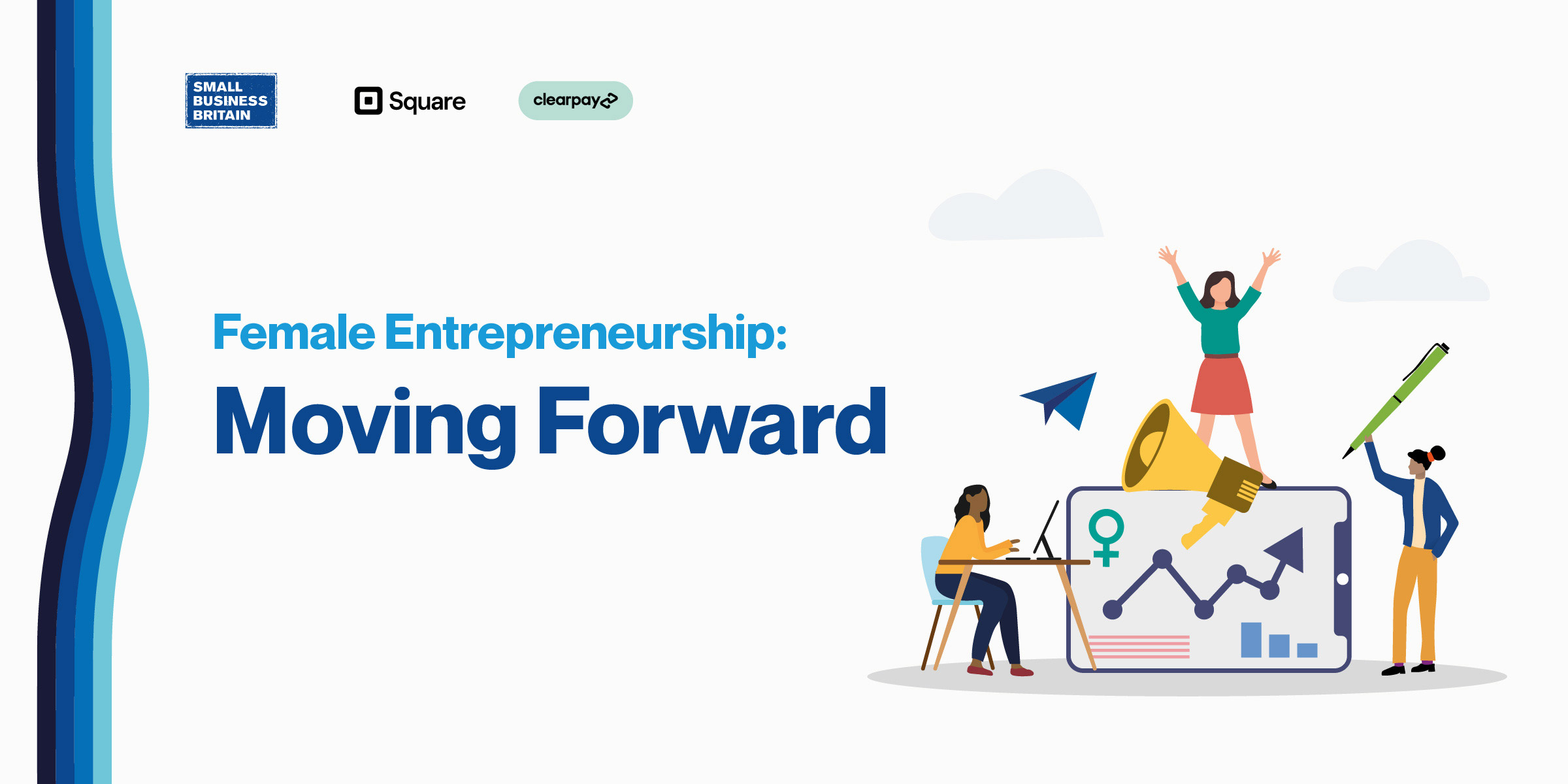Female entrepreneurs represent 20% of all small business owners. I don’t know about you, but I was surprised – this feels surprisingly low. Maybe it’s because I know so many incredible female business owners! It’s clear that this number must grow. To achieve that, we need to understand the barriers women face when starting their own ventures. Beyond starting, how can women access the funds needed for growth and scaling? This blog explores the financial journey of overcoming funding challenges for female entrepreneurs.
The Playing Field for Female Entrepreneurs: Facing Funding Challenges
The recent report Female Entrepreneurship: Moving Forward by Small Business Britain, Square, and Clearpay surveyed over 1,000 female entrepreneurs. It explored their journeys, challenges, fears, successes, and strategies for growth. One of the major findings was that many women face significant funding challenges, with limited investment opportunities available to them. Additionally, financial confidence remains low among many female entrepreneurs.
Limited Investment Opportunities and Financial Confidence
The report references the Government-backed Rose Review, which launched the Investing in Women Code in 2019. This initiative aimed to attract more women into entrepreneurship and boost funding for female founders. The review highlights that if women started and scaled businesses at the same rate as men, up to £250 billion of new value could be added to the UK economy. Sadly, progress has been slow. The British Business Bank reports that investment in female-led businesses remains stuck at around 2%. This persistent funding challenge underscores why supporting female entrepreneurs is so critical.
These statistics are sobering but provide a starting point for change. Addressing funding challenges for female entrepreneurs is crucial to help them scale and sustain their businesses.
Women’s Relationship with Money and Debt
The report also highlighted women’s relationship with money, especially their fear of debt. While 60% of surveyed women started their businesses for independence, 57% stated that low financial confidence hindered their growth. Overcoming funding challenges means addressing this lack of confidence head-on.
This fear of debt was significant. Many women preferred to start their businesses using savings, redundancy funds, or other personal income instead of loans. The report revealed that 37% of women relied on working capital and 20% used personal savings to fund their ventures. These funding choices emphasise how deeply funding challenges affect female entrepreneurs.
Why Do Funding Challenges Persist for Female Entrepreneurs?
There are several reasons. Many women have had low financial confidence since their school days. Many respondents noted a lack of sufficient financial education. Historically, women were fed the narrative that they weren’t good with money. Until 1975, women needed a father’s or husband’s permission to open a bank account or get a loan. These historical narratives contribute to lingering doubts about financial matters and entrepreneurship.
Moving Forward: Solutions to Overcome Funding Challenges
However, there is hope. The report suggests that education, training, and peer support can help women overcome funding challenges and view finance as a beneficial tool for business success. Enhancing financial confidence will empower female entrepreneurs to access the resources they need.
Independence vs. Investment: The Balance for Female Entrepreneurs
Another interesting point is that nearly half of female business owners dislike the idea of an investor owning part of their company. This reflects the strong desire for independence among female entrepreneurs. This preference must be understood when designing solutions and realistic investment strategies to support them.
There’s much more to discuss on this topic. For a deeper dive in overcoming funding challenges female entrepreneurs, please do read the full report and share your experiences. You can read the report here.


